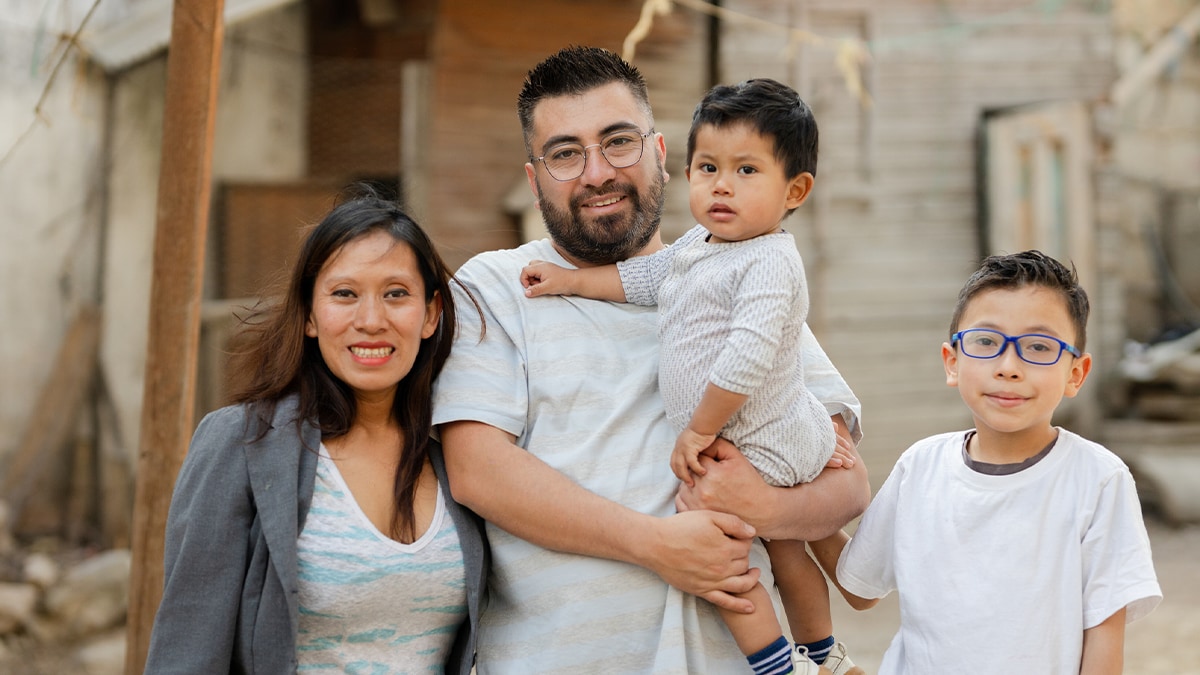What to know
Each child and family is unique. There is no one set of decisions that works for every child and family. Just because one set of decisions is the best for one child and family does not mean it is the best for another child and family.

Family decision making
After learning a child has a hearing loss, some parents may have feelings of surprise, shock, confusion, anger, and even guilt. You may feel differently than other parents who have a child with a hearing loss. If you share parenting with a spouse or partner, each of you may feel differently about your child's hearing loss. Other children in the family may also feel differently about their brother or sister than you do. Families are sometimes troubled by this. It is normal to have different feelings. Your family might want to talk to someone who is trained to help families learn about and share their thoughts and feelings. This person might be a counselor, social worker, clergy, teacher, service coordinator, or any other person that the family feels comfortable with. Remember, it is common for families to take time to learn about and adjust to their child's hearing loss. Most families develop positive, healthy views about their family and their child's future. Often, it just takes time.
Making decisions that are right for you can be hard. Professionals and other people and groups can help you look at all of the different choices. But you are the final decision maker, because you know your family and child better than anyone else.
Gathering information
As you go through the decision-making process, you will be gathering information to learn more about options for your child. From what you already know you might be ready to start making some decisions.
However, many families will want to learn more about their options. In fact, you will probably continue to gather information as your child grows, your family changes, and the choices of options and what professionals recommend changes over the years.
Think of gathering information as a journey.
Good places to start include:
- Professionals.
- Support networks.
- Adults who are deaf and hard-of-hearing.
- Other parents.
- Spending time with children who are deaf or hard-of-hearing and their families.
- Reading information on the Internet, books, pamphlets, and brochures.
Never forget—you make the final decision on what is right for your child.

Support networks
Families may wish to seek out relationships with people and with groups for support.
Relationships with professionals such as audiologists, physicians, service coordinator, teachers, therapists, and others make up a family's professional support network.
Parents, adults who are deaf or hard-of-hearing, advocacy groups, personal supports such as family, friends and clergy, and other resources make up a family's community support network. Some families find support groups for parents and siblings very helpful.
These working relationships and friendships can lead to support for your child and family for many years.
Please remember that there are many interventions to consider. We believe that the decision-making process belongs to each individual family.
